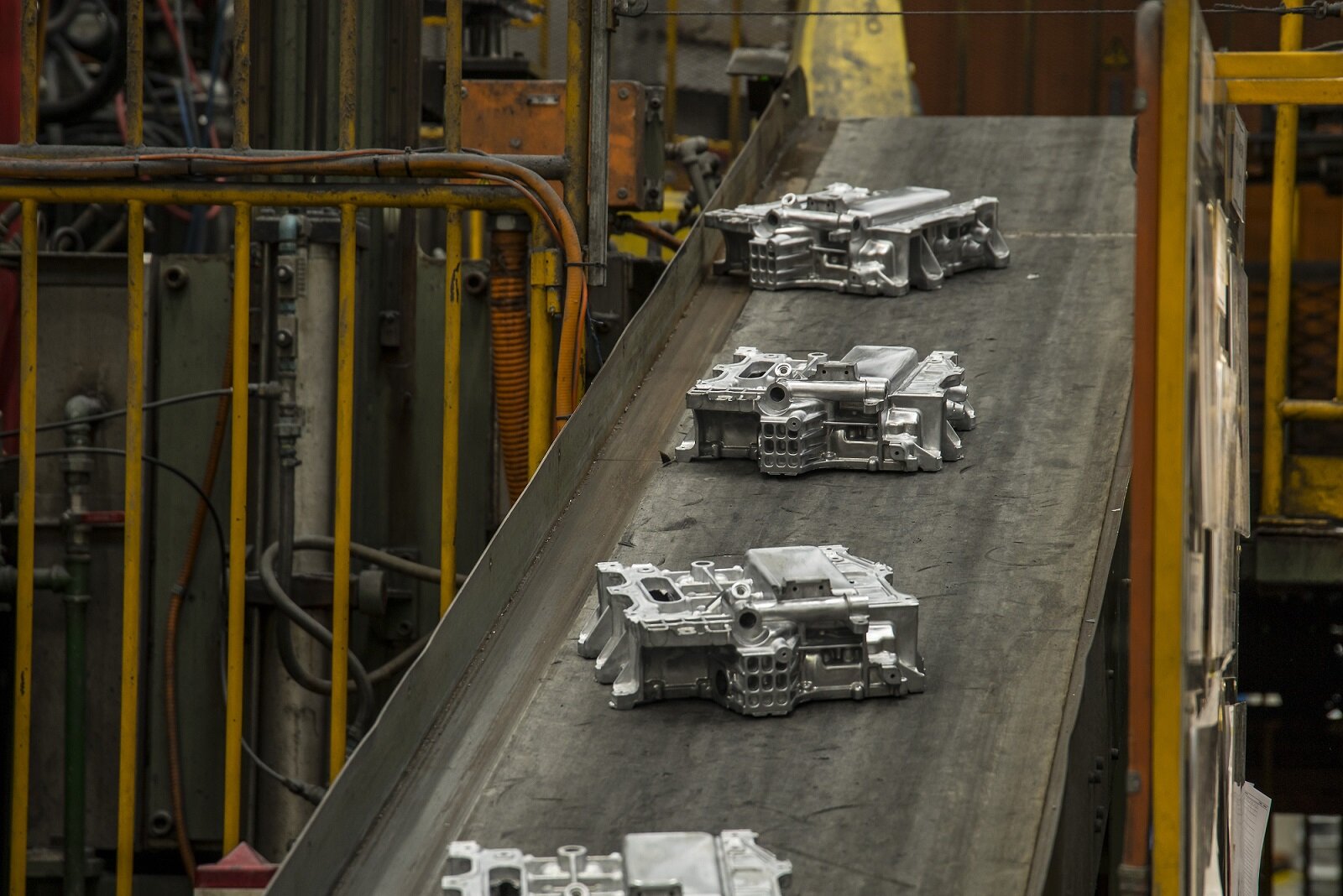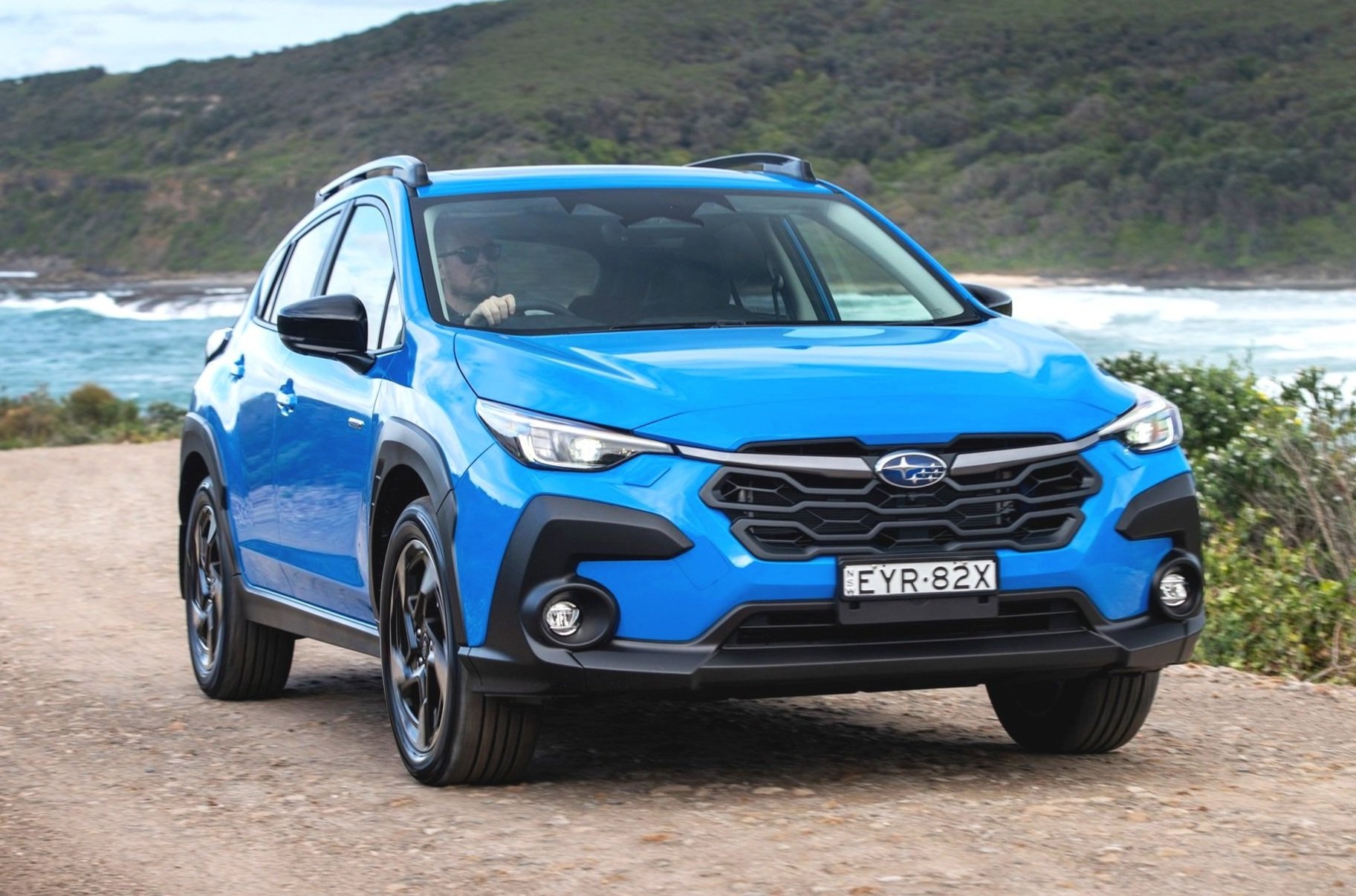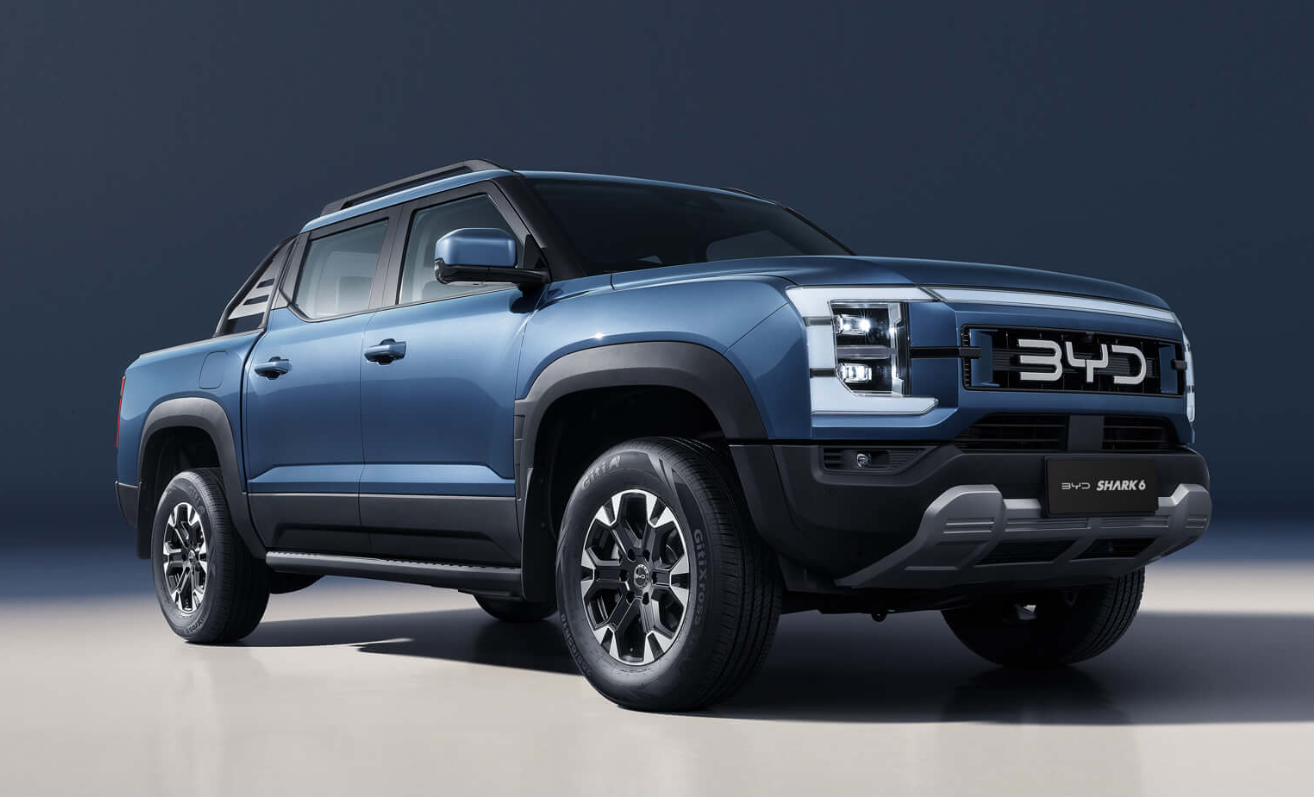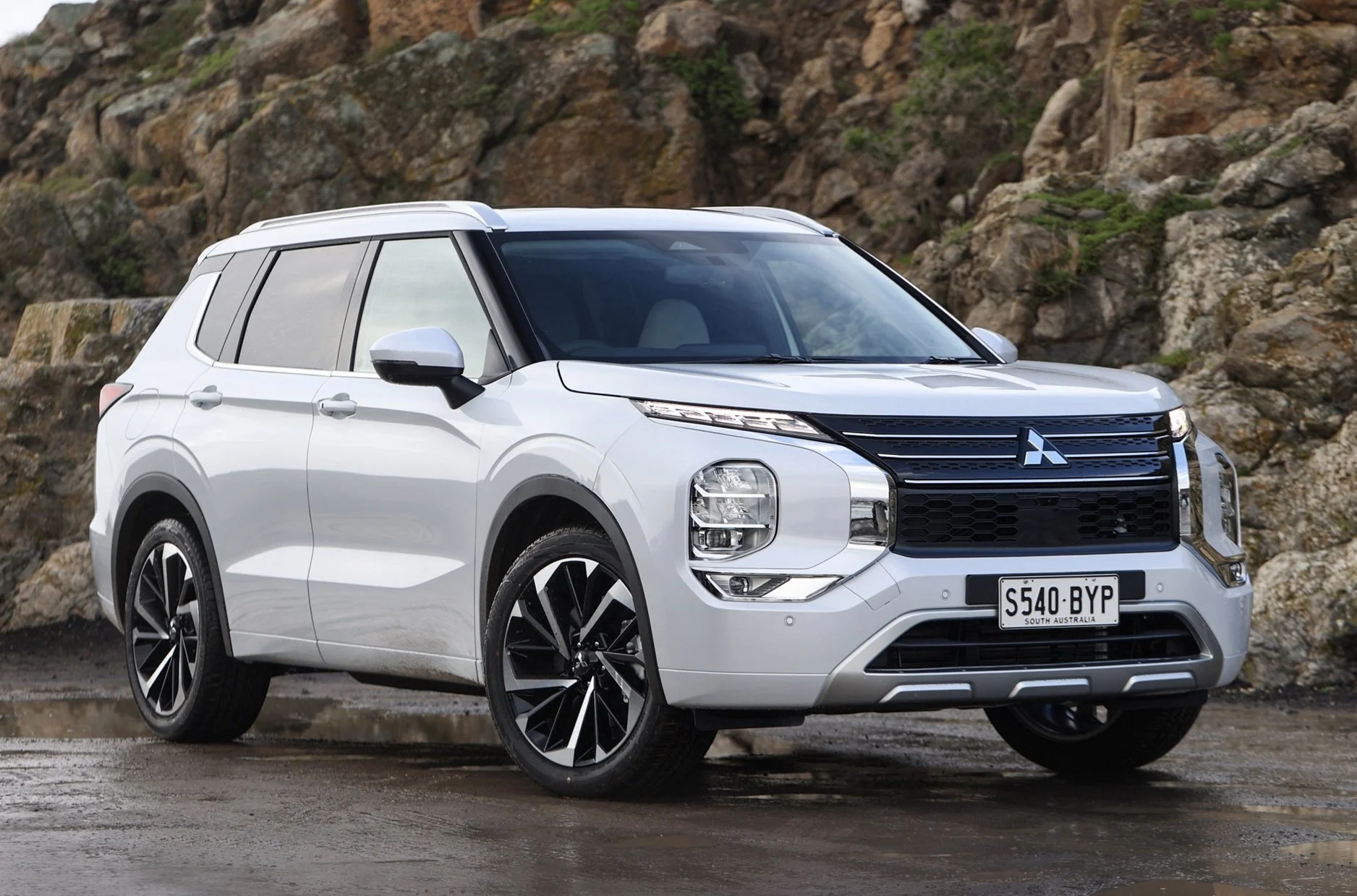The truth about EV battery recycling: an ecological nightmare is coming...
We’re being told the world is going green, that recycling and eco-friendly everything is coming to a utopian future that is right around the corner. But if you read the terms and conditions, the reality is anything but…
Nobody is greenwashing the hell out of themselves harder than every carmaker selling EVs.
If you're trying to extract money from the insufferably self-righteous, greenwashing is the most effective bait known. These people will swallow any amount of ‘green’ bullshit.
Instead of engineering some kind of future plug-and-play paradise, we're actually setting things up so that the electric Utopia of the future is looking more like a post-hydrocarbon hell on Earth.
In this report, I'm going to show you just one aspect of that with which not even the most insufferable Electric Kool-Aid sipper could argue. There's a popular fantasy about electric utopia, but when EVs wear out, we're told the batteries will be resurrected only to power our houses or recycle to recover their incredibly precious metals.
In reality, they're just going to go into landfill and this is already happening. I for one would rather live right next door to a nuclear waste dump.
The ACCC is about to regain consciousness briefly and declare war on greenwashing, Australia-wide. Yes they're drawing up their battle plans now entertainingly so here's a really fascinating example from that which opens the door to one of the biggest conceivable problems there are around the mad rush into deploying EVs without first getting the integration details right.
So bullshitting-by-omission about things like recycling could get carmakers and related EV businesses into hot water in future.
Let us open the door to this room of inconvenient truth about recycling then shall we perception versus reality in much the same way as the Fremantle Highway and the Felicity Ace shipping disasters highlight the fact that fire safety safeguards are not in place for EVs, both on the water and in our cities.
This example from the ACCC highlights exactly how badly we are botching what we do with EVs if they expire of old age as opposed to going out early in a blaze of glory, literally. Check out EV Fires: Why emergency crews and the public are dangerously unprepared >> for more on that issue specifically.
Let's look at what the carmakers typically say about recycling first, and this example is the first one that Google dished up for me when I requested it.
That's from Hyundai on their global website on a page entitled common EV myths busted. Doubtless if you're thinking about buying an EV for the very first time, you might find yourself rightly concerned about recycling the battery and what's going to happen there.
If so, Google will quickly deliver you to a corporate myth-busting page, such as the one we just saw. It's hardly an outlier; all EV merchants do this kind of thing. Carmakers present the concept of EV battery recycling in the context of it being tantamount to a done deal - nothing for you to be concerned about, so please do give us your beautiful money.
Those chumps at Nissan Australia - the company, no reference to any individuals is made; I'm talking solely about the company - they recently tried to make rather a big deal out of doing something with nine first-generation Nissan Leaf batteries. Yes, the truly terrible ones that crapped-out because they weren't thermally managed properly.
They took nine of those batteries, they stuck them up the end of their Victorian casting plant and they fed them electricity, in part from a solar array on the roof.
In an exciting window into the future for end of life electric vehicle batteries - and an important step towards Nissan Australia's goal of carbon neutrality - the end cap battery project, called Nissan Node, will see a new solar array installed at Nissan casting Australia as well as new EV Chargers
An exciting important step towards that all-important goal of carbon neutrality. Please. In other news, we're still selling the 5.6 litre V8 powered Nissan Patrol.
It's a true circular economy project using end-of-life batteries from the Nissan Leaf
Well, I suppose if you can do it with the worst EV batteries ever made, it should be a downright piece of piss with a decently engineered battery.
The project is estimated to reduce Nissan Casting stray as annual CO2 emissions by 259 tonnes while saving 128 megawatts of energy every year
Whoah, 259 tonnes - except that total Australian greenhouse emissions are 500 million tonnes. Let's just put that in perspective: with this exciting important step, Nissan Australia will reduce national greenhouse emissions by one half of one one-millionth half of one ten thousandths of one percent.
Pro Tip: they can't save “128 megawatts of energy” every year. It’s not possible because energy is not measured in megawatts - you have to measure energy and make it watt-hours, otherwise the things you say are just bullshit made by the scientifically illiterate organization, seemingly.
Is there not a person at Nissan who could at least verify that they get the technical details right?
This is a stellar serve of greenwashing that paints a picture entirely at odds with what currently happens to batteries at the end of their lives. Lithium-ion battery repurposing and recycling in Australia is, of course, statistically non-existent and this is not because there is an insufficient supply of dead batteries.
Have a guess how much EV battery waste is projected in this country by 2030…
According to this report by Randell Environmental Consulting commissioned by the department of climate change and energy, it's going to be 7000 tonnes that's just EV waste by 2030. That's equivalent to about 15,000 EV batteries - that is per annum, not in total. Plus, 27,000 tonnes more of this waste from handheld devices which would be things such as your old iPhone, power tools, laptops.
Fast forward to 2036 and see the miracle of geometric projection in action from the same report lithium-ion battery waste for 2036 is projected to be 56,000 tonnes from EVs, roughly equivalent to 130,000 dead EVs - and there is no plan for a recycling mandate. That's in addition to 68,000 more tonnes from devices. Holy crap, Batman.
I'll help you save thousands on a new EV or PHEV here
Just fill in this form. No more car dealership rip-offs. Greater transparency. Less stress.
How it started… how it’s going…
Wouldn’t it be great if Australia could expeditiously address the issues that really do matter to all of us, issues such as looming environmental catastrophes urgently crying out for regulatory framework.
With battery non-recycling, we are just hoping the free market steps in and saves the day as it always does. (Sarcasm alert)
That's from the CSIRO looking at the calendar. The prototype lithium-ion battery was developed in 1985. The technology was first commercialized in 1991. So since then we've had three decades of intervening commercial deployment of lithium-ion batteries across the world - three decades.
Would you care to guess how we're going with the recycling then, down here in Australia?
Only 10 of Australia's lithium-ion battery waste was recycled in 2021 the balance which would be 90 of it just goes into landfill which is pretty sobering.
Six thousand tonnes but set to grow geometrically projected to be 9000 tonnes this year; 50 per cent growth in just two years. That's data from the CSIRO again.
A) I thought this was supposed to be a circular economy and
B) Every time I see a report about battery recycling, it paints the entirely bullshit narrative of a resource that is precious.
Here’s the cold hard reality:
In reality, of the 6633 estimated total tonnes of lithium-ion battery waste produced in Australia in 2021, roughly 6000 tonnes just got chucked into landfill.
There is no process, no stewardship, no policing of the pollution. The free market is not standing there with its hand out, gagging for your dead battery, ready to give you cash for that valuable Makita battery that's just died in the bottom of your toolbox. It’s just being dumped in the bin and the best you can hope for is that the compactor doesn't burn to the ground until it's two or three streets away.
If we are still managing to show the world just how spectacularly crap we can be as a nation by 2036, instead of making Australia less shit (which would be my preferred option), we best make plans for something like 122,000 tonnes of lithium-ion waste in the freaking landfill and that's just for one year!
It adds up, too. It's cumulatively toxic. That is a hell of a lot of lithium hexafluorophosphate leaking into the freaking groundwater among other hateful environmental and humanitarian outcomes.
It seems to me that we haven't really learned all that much from the whole asbestos experience. If there's a silver lining here, I'm seeing quite a compelling screenplay to reboot the Erin Brockovich film, albeit with a modern green hellscape twist.
I would argue that selling EVs is dead easy. The cars are here, people queue up over the horizon, they want them desperately, selling them is therefore a foregone conclusion. But integrating EVs into civilization is actually quite hard.
There’s fire suppression safety, the responsible disposal, the protection of the population from the worst aspects of this kind of new technology, the regulatory framework.
We are not mitigating the hazards in operation or at the end of life for these batteries. In fact, we appear to be getting this so badly wrong that I would suggest the next generation will have yet another excellent reason to detest us.



















The soft-roading Subaru Forester packs a punch, and is one of the safest, most practical and capable SUVs on sale today. It’s also a great value, nicely driving and popular five-seater.